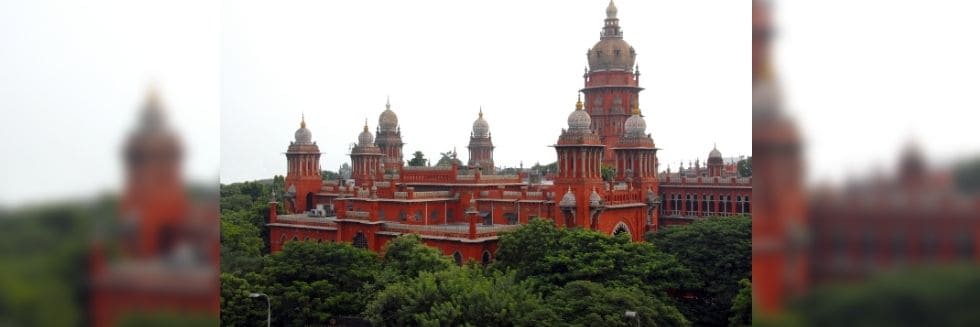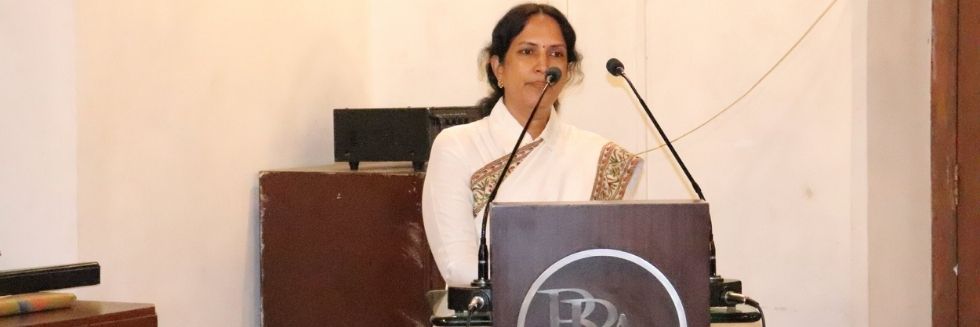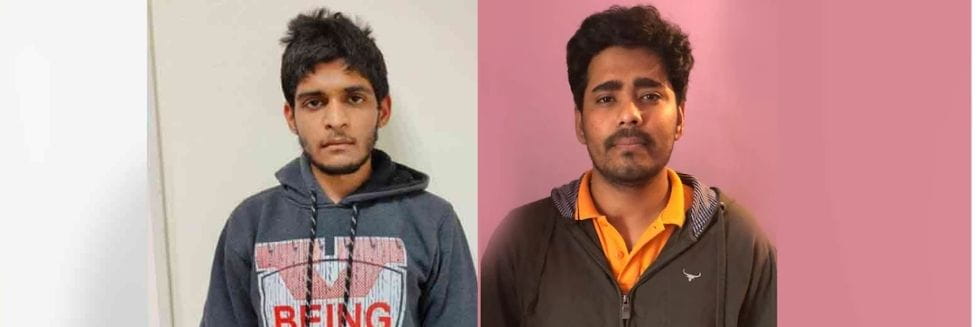While setting aside a trial order, Madras High Court observed that typographical error in recording the word ‘semen’ as the Tamil word ‘semmann’, meaning red soil, cannot contribute to the acquittal of a man booked under the POCSO Act for sexually assaulting a child.
Madras High Court was hearing a petition filed by the victim’s mother challenging September 2018 trial court order wherein the accused was acquitted because of a typographical error in recording the word ‘semen’ as ‘semmann’.
The petitioner alleged that she found semen on the clothes and genitals of her daughter. Medical examination also revealed that the child was sexually abused.
The petitioner submitted that her two-year-old daughter was sexually abused by her neighbour in 2017 when she had left her there to buy some groceries. The weeping girl told the petitioner that the neighbour kissed her on the private parts and also assaulted her.
Justice P Velmurugan pulled up the trial court judge and also the investigating officer for their lacunae. Misinterpreting the typographical error totally turned the case of the prosecution and admittedly, the defence side had taken advantage of this flimsy ground, the judge said.
“The culprits arrested under the POCSO Act are escaping over technical reasons and unfortunately, the Investigation Wing was also not up to the standard. Due to the defect or fault in the investigation, in most of the cases, the culprits go scot-free. They only search for proof beyond reasonable doubt and taking advantage of the flaw in the investigation, the accused were acquitted by giving the benefit of doubt. But in cases like this, we cannot give much importance to the technical ground of proof,” he added.
The court also stated that prosecution and court have failed in their duties and blaming the technicalities such as delay in lodging an FIR adds more to this failure. The court cited that no mother of a victim, especially an illiterate woman in a rural area would immediately go to the police in such cases.
“The mere defect in the investigation is not fatal to the case of the prosecution and the second respondent/accused cannot be acquitted on the sole ground of defective investigation,” the court noted and reversed the trial court order.






